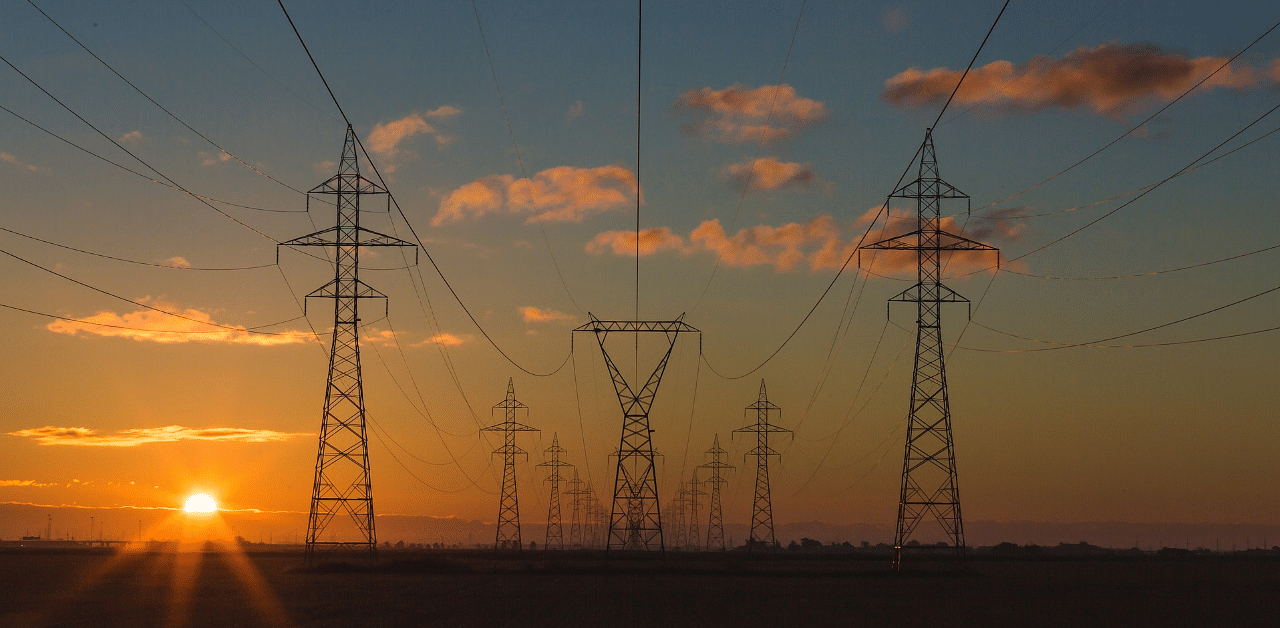
The slump in overall power consumption has narrowed to just 0.85 per cent in August at 110.57 billion units (BU) amid considerable rise in economic activities and raised hopes that it would surpass normal level this month.
Power consumption in August last year was at 111.52 BU, as per power ministry data.
As per the data, power consumption has improved especially in the month of August after the government started giving relaxations for economic activities and following the onset of summer.
The government had imposed lockdown to contain Covid-19 on March 25, 2020 which affected commercial and industrial electricity demand as well as consumption.
In July, the slump in power consumption had narrowed to 3.6 per cent at 112.24 BU, as compared to 116.48 BU in the same month last year.
Power consumption in June had declined by 10.93 per cent to 105.08 BU, as compared to 117.98 BU in the same month last year.
Similarly, power consumption in the country was down by 14.86 per cent in May and 23.21 per cent April this year.
Experts said, the government's continuous focus on boosting economic activities through easing lockdown restrictions would pay dividends and the power consumption may cross normal levels (recorded in September last year) this month.
Meanwhile, peak power demand met, which is the highest energy supply during a day across the country, was at 167.49 GW in August, down by 5.65 per cent from 177.52 GW recorded in the same month last year.
Peak power demand met was recorded at 170.54 GW in July this year, down 2.61 per cent compared to 175.12 GW in the same month last year. The power demand had declined by around 25 per cent in April this year.
The electricity demand witnessed an increase May onwards after easing of lockdown restrictions. In June this year, peak power demand met had dipped by 9.6 per cent to 164.98 GW, as against 182.45 GW in June 2019.
In May this year, the peak power demand met stood at 166.22 GW, 8.9 per cent less than 182.53 GW in the year-ago period.
While, in April it stood at 132.73 GW, around 25 per cent lower than 176.81 GW recorded in the corresponding month a year earlier mainly due to lower commercial and industrial demand following the lockdown.